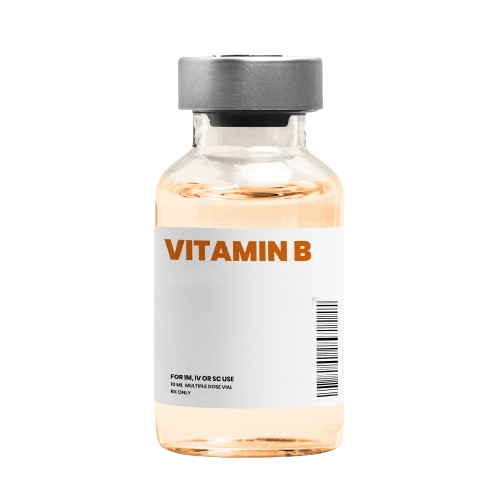
Biotin B7 Vitamin Injection benefits:
- Strengthens hair
- Promotes hair growth
- Prevents hair loss and dryness
- Supports hair thickness
- Reduces split ends
- Restores hair elasticity
- Strengthens the nails
- Improves blood glucose
- Stabilizes blood sugar levels
- Regulates cholesterol
- Accelerates metabolism and digestion
- Helps with weight loss
Please select the location most convenient for you